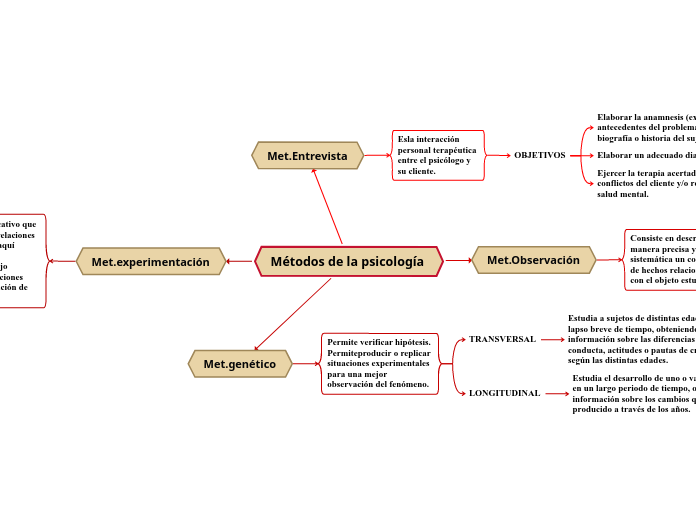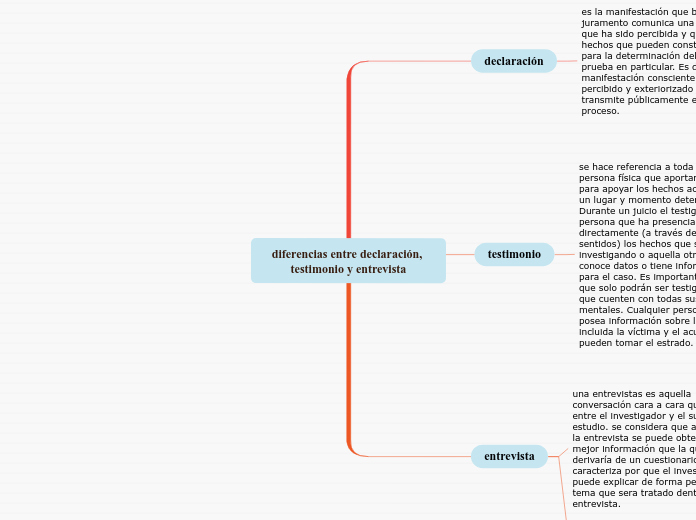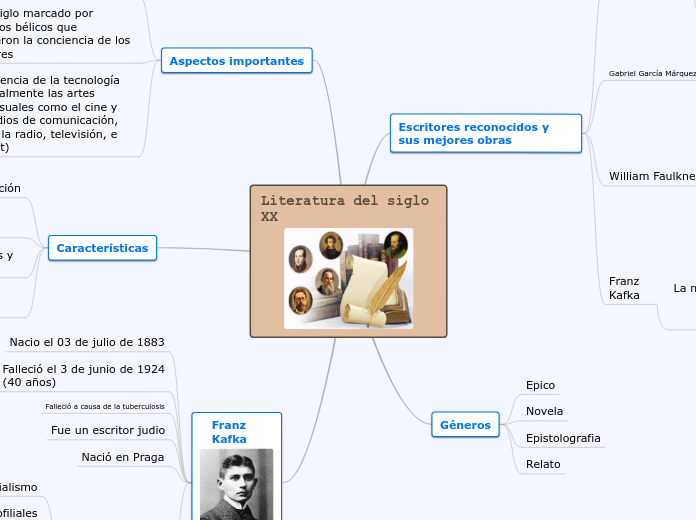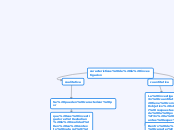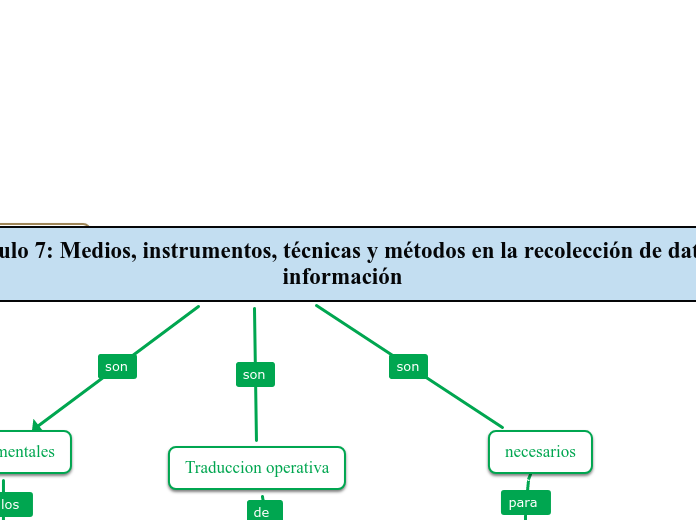Métodos de la psicología
To name your story, you have to think about the overall message and what you want your audience to understand from the story. Also, make it relevant and easy to remember.
Met.genético
Permite verificar hipótesis. Permiteproducir o replicar situaciones experimentales para una mejor observación del fenómeno.
LONGITUDINAL
Estudia el desarrollo de uno o varios sujetos en un largo periodo de tiempo, obteniendo información sobre los cambios que se han producido a través de los años.
Add other qualities/attributes of the character.
TRANSVERSAL
Estudia a sujetos de distintas edades en un lapso breve de tiempo, obteniendo información sobre las diferencias de conducta, actitudes o pautas de crecimiento según las distintas edades.
Met.experimentación
The ending of a story is essential. We all know that if the ending is weak, what happened before loses its importance. So make it unpredictable, but fair. A resolved ending answers all the questions and ties up any loose threads from the plot.
Es un método explicativo que permite establecer relaciones de causa efecto. Es aquí donde se provoca deliberadamente bajo determinadas condiciones controladas la aparición de una conducta.
This is the closure section of the story.
See examples of possible outcomes below:
- all problems have been solved
- it's clear how each one of your characters ends up
- your main character is transformed by the challenge
OBJETIVOS: Permite verificar hipótesis. Permiteproducir o replicar situaciones experimentales para una mejor observación del fenómeno.
Try answering these questions to come up with a closure:
- Have all the problems been solved?
- Is there a clear picture of what happens with each character in the story?
- Has the challenge transformed your main character?
- How do the characters feel in the end?
Met.Observación
The middle of the story is where you add layers of complications that will lead to the end. Reveal more about the character's journey. Did their personality go through changes? How did they overcome the challenges? And as you build up the story’s central conflict, make it more personal to that character. Also, from the middle act, you have to lead into the final act.
Consiste en describir de manera precisa y sistemática un conjunto de hechos relacionados con el objeto estudiado.
Each story has a main character and that character usually needs to solve a problem or challenge. The character's challenge is the one that creates tension throughout the story.
INTROSPECCIÓN
Type in any other challenges which other characters in the story need to face.
Se realiza en el momento inmediatamente posterior en que se vivencia la experiencia
Es la auto observación que el sujeto hace de sus propios procesos psicológicos de manera sistemática y directa.
EXTROSPECCIÓN
In most stories, there are 3 challenges. The number 3 is a mystical number symbolizing completeness. Try to come up with interesting challenges with which your character needs to struggle.
See a few examples below:
- turns into a werewolf at night
- is sent back in time
El registro debe hacerse sin que se perturbe el comportamiento del grupo o de los sujetos en estudio.
Consiste en la observación de la conducta de una persona, grupo o de un animal, en forma directa en un ambiente natural o en condiciones experimentales.
Met.Entrevista
In the beginning of the story (or the exposition), you will need to introduce the setting and characters. You might also want to introduce the main conflict. This part of the story is important because it gives the reader necessary background information and maybe even a first insight into a character’s personality.
Esla interacción personal terapéutica entre el psicólogo y su cliente.
Characters are essential to a good story. Usually, the protagonist(s) is/are the most affected by the plot. Introduce a character by focusing on their actions, interests, and occupation, as the physical appearance doesn't make a difference in most cases.
OBJETIVOS
Type in the name of your character.
Ejercer la terapia acertada para resolver los conflictos del cliente y/o restableciendo su salud mental.
What is your character's main goal?
fight Evilfind lovedefeat his/her enemyrule the worldmake friendstime travelmake an awesome discoveryOther
Elaborar un adecuado diagnóstico.
Which traits best describe the character's personality? Choose more if necessary:
introvertedloyalkindindependentquick-thinkingadventuresomeidealisticsweet-naturedcalmrisk-takercreativewittystrictfussyweirdclumsyharshaggressivecarelessclingingcowardlycrueldeceitfulimpulsiveOther
Elaborar la anamnesis (exploración de los antecedentes del problema a través de la biografía o historia del sujeto)
Choose the type of your chacter:
Protagonist (main character)Antagonist (main character's opponent)Flat (stereotypical character)Round (his/ her personality develops throughout the story)Static (doesn't evolve as a person throughout the story)Dynamic (dramatical change in personality)Confidant (the main character trusts him/ her)Foil (contrasting character who enhances the personality of another character)Other
